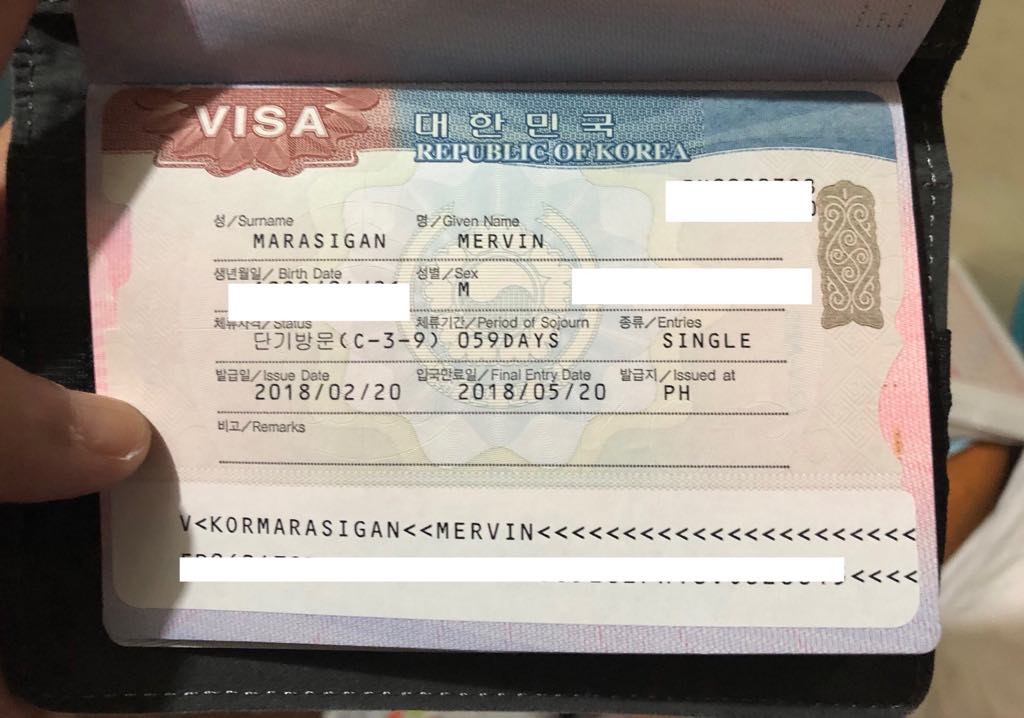Thinking about picking up a part-time job in Korea? Whether you’re a student, a traveler looking to make some extra cash, or just someone who wants a lighter workload, knowing what you’ll earn is key. Let’s dive into the world of part-time salaries in Korea and see how much you can really expect to take home.
The Basics: Minimum Wage
First things first—Korea has a set minimum wage, and it’s your baseline for most part-time jobs. As of 2024, the minimum wage is 9,860 KRW per hour, which is around $7.50 USD. While it might not seem like much, this adds up quickly when you’re working steady shifts. Most part-time gigs, especially in places like cafes, convenience stores, and restaurants, will offer this minimum wage. So, if you’re looking to make some extra cash without a ton of experience, this is where you’ll likely start.
Student Jobs: Flexible Hours, Modest Pay
For students juggling studies and part-time work, the pay isn’t exactly going to fund your next international trip. You can expect to make the minimum wage or slightly above it, depending on the job. Tutoring English is a popular choice among international students, and it can pay a bit more, sometimes ranging between 15,000 to 30,000 KRW per hour. It’s a nice step up from standard part-time jobs, but competition is fierce. Still, if you’ve got the skills, it’s one of the best-paying part-time salary options for students.
Retail And Service Jobs: Steady But Basic
If you’re considering jobs in retail or food service, you’re likely looking at the minimum wage or just a hair above it. Restaurant gigs, like waiting tables or working in a kitchen, typically pay the standard 9,860 KRW per hour, but if you’re working in a busier area like Seoul, tips might add a little extra. Don’t expect a windfall, though—tipping culture isn’t huge in Korea, so your base pay is what you’ll mostly rely on.
Teaching And Freelancing: Higher Pay Potential
Got a knack for teaching or a particular skill like writing or graphic design? Freelance work in Korea can be a much more lucrative part-time gig. English teachers or tutors can make anywhere from 20,000 to 50,000 KRW per hour, depending on experience and demand. It’s one of the more flexible Part-time earnings options and can easily become a full-time income if you find the right gigs.
Conclusion
So, how much should you expect from a part-time salary in Korea? For most part-time jobs, expect to make around the minimum wage of 9,860 KRW per hour, but if you have specialized skills like teaching or freelancing, you can earn significantly more. Ready to take on a part-time role? Just remember, every won counts!

